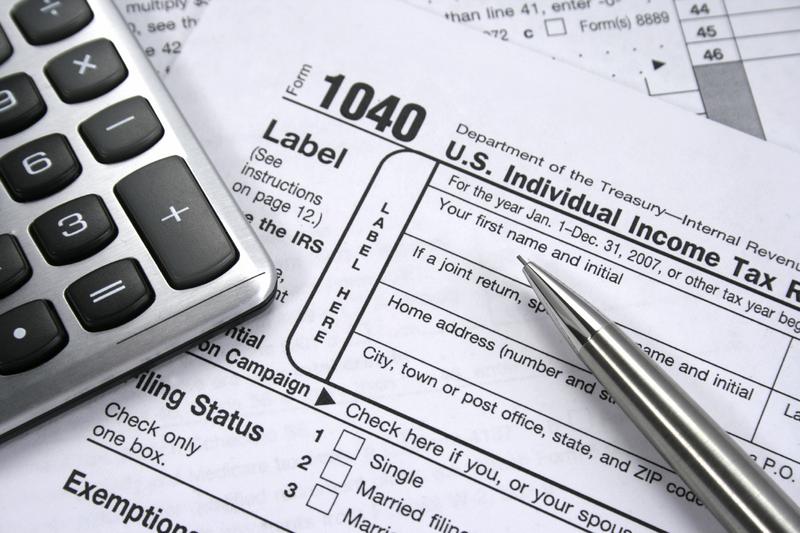Why do we need to pay taxes?
Oliver Wendell Holmes, former Justice of the United States Supreme Court, once said, "Taxes are what we pay for a civilized society." Although people work hard to meet their needs and the needs of their families, there are some things they cannot purchase themselves. For example, the taxes paid to state and local jurisdictions help pay for police and fire protection. These taxes also pay for the operation of the local governments, and for local recreation areas such as parks and other public facilities.
In the United States, we have governments at the local, state and national (federal) levels. These governments have various parts to them, including legislators (who make laws), executives (who enforce laws), judges, and many others. The money these government workers receive to do their jobs comes from taxes.
On the national level, Federal income taxes help pay for defense for the country. They also pay for capital facilities such as highways and other transportation services, and for help for those who are poor or ill. These are all services that individual citizens cannot purchase the way they can buy food and clothing and the other necessities of life. When people live together in a society, all of its citizens must bear the cost of providing such services. Taxes are the means by which the society raises the money to cover these public costs.
Taxes take many forms, too. When you work at a job to make money, you pay income taxes. Depending on how much money you make, a certain percentage (part) of the money you make is withheld (kept out of your paycheck and sent to the government). When you buy things at a store, you also usually pay sales tax, which is a percentage of the cost of the item charged by the store. If you own property, you also pay property taxes on the value of your property.
Prestige Professional Management
Your Consumer Resource Specialist
Click the links below to learn more




